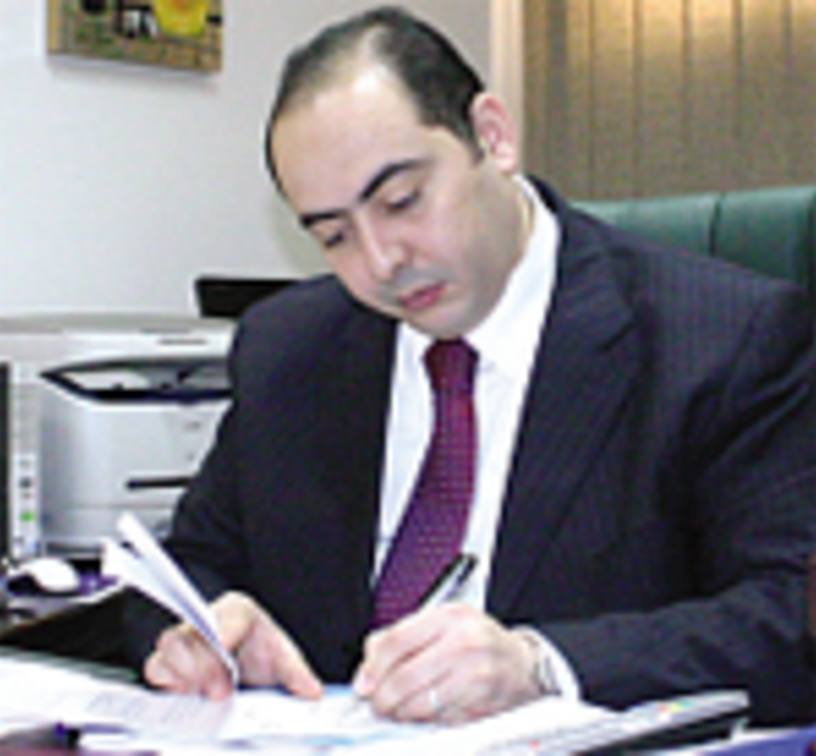"You cannot build a new economy without a stock market," says Suliman Salem Alshahomy, chairman of the Libyan Stock Market, and Libya is steadily putting the infrastructure in place to create a market not only open to foreigners, but able to help build companies and distribute wealth to the real economy.
Following a decision by the General People's Committee in the middle of 2006 and the co-operation of the Jordanian and Egyptian stock markets, the Libyan Stock Market (LSM) was established in 2008 with the main operations in the capital, Tripoli, and a branch in Benghazi. While ambitions are big, the market is still only in its infancy, starting with five listed stocks that have now doubled to 10 listed companies.
Expansion plans
For Mr Alshahomy, the development of the market is a long-term process and he hopes a new stock exchange law now ready for the General People's Congress will be passed by the end of 2009 or early 2010. This will allow for further expansion. At present the main board is comprised of five banks (Sahara Bank, Wahda Bank, Bank of Commerce and Development, Al-Saraya Bank and Gumhouria Bank), three insurance companies, one cement company and the stock exchange itself, making 10 in total.
Gumhouria Bank, the country's biggest bank, started trading in August following the completion of its initial public offering (IPO), and its inclusion has boosted the market capitalisation of the exchange, raising it five times from Ld200m ($166.3m) to Ld1bn. Mr Alshahomy explains that besides Gumhouria there were four other IPOs in 2008-09 (Sahara, Wahda, Libya Insurance and the LSM), adding that one of the major banks, National Commercial Bank, may join the flurry of IPO activists before the end of 2009, but the final decision remains with the Central Bank of Libya.
Along with more than 20 companies on the secondary board, which require less disclosure than those on the main board, there is understood to be 40 companies in the pipeline to be listed in 2010. Companies such as Libyan Iron and Steel Company are believed to be running an IPO later this year and other communications companies are said to be about to be privatised, adding much greater depth to the market. Reports suggest that the government is working to privatise 375 national companies in the coming years, with most expected to be listed.
Meanwhile, Libya is building links across the globe. Agreement was reached with the London Stock Exchange in 2007 to enable training teams to help stock market operations and improve regulations. A similar arrangement was reached with the New York Stock Exchange earlier this year and the LSM has agreements with four stock exchanges in the region - Egypt, Jordan, Tunisia and Abu Dhabi.
Mr Alshahomy is well aware the LSM has a long way to go but the electronic order-driven system is making progress and the need for a fully functioning market is well acknowledged. Plans such as the Economic and Social Development Fund to transfer ownership and distribute wealth to low-income families are dependent on an efficient exchange.
At present the exchange has 10 brokerage firms, all privately owned companies, but with just 10 stocks and the concept of the exchange taking root slowly, trading volumes are low. Nevertheless, the inclusion of Gumhouria Bank in August is set to provide a strong boost to the trading environment.
Open market
As to foreign investors, Mr Alshahomy wants to open the market to all investors by the end of the year. At present, investment is open to non-Libyans when they have residence. As with individual Libyans there is a limitation of 10% ownership on any listed company for foreigners, but details may change with the upcoming new stock exchange law. Clearly the approach is to make foreigners welcome.
Libya is trying to do in a few years what neighbouring countries have taken decades to achieve. Developing the right custodian relationships, especially for foreign investors, takes time, as does enforcing good transparency and corporate governance regulations. Establishing new standards of disclosure represents a clear challenge for the LSM, especially in expanding its main board listings, but there is a distinct willingness to see the exchange develop its full potential as a fund facilitator and as a stimulus to the expanding real economy. It may have started, late but the LSM is catching up fast.












